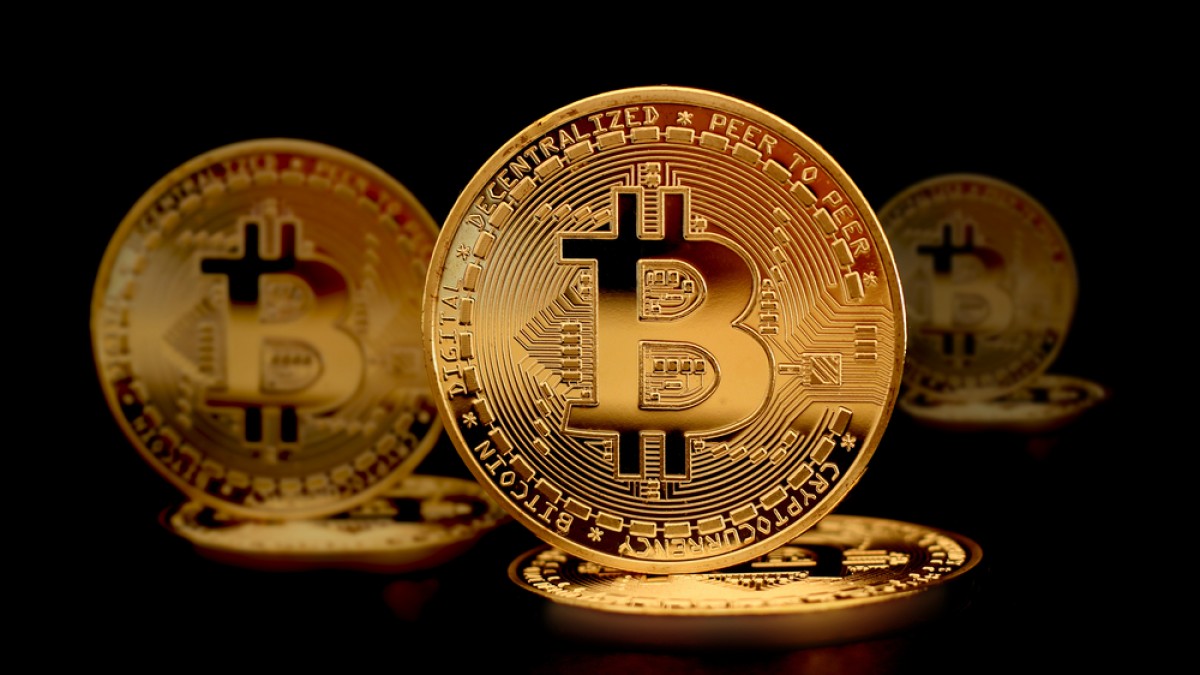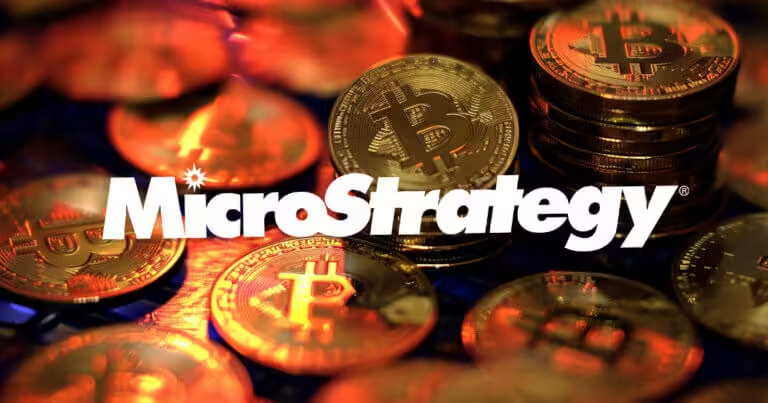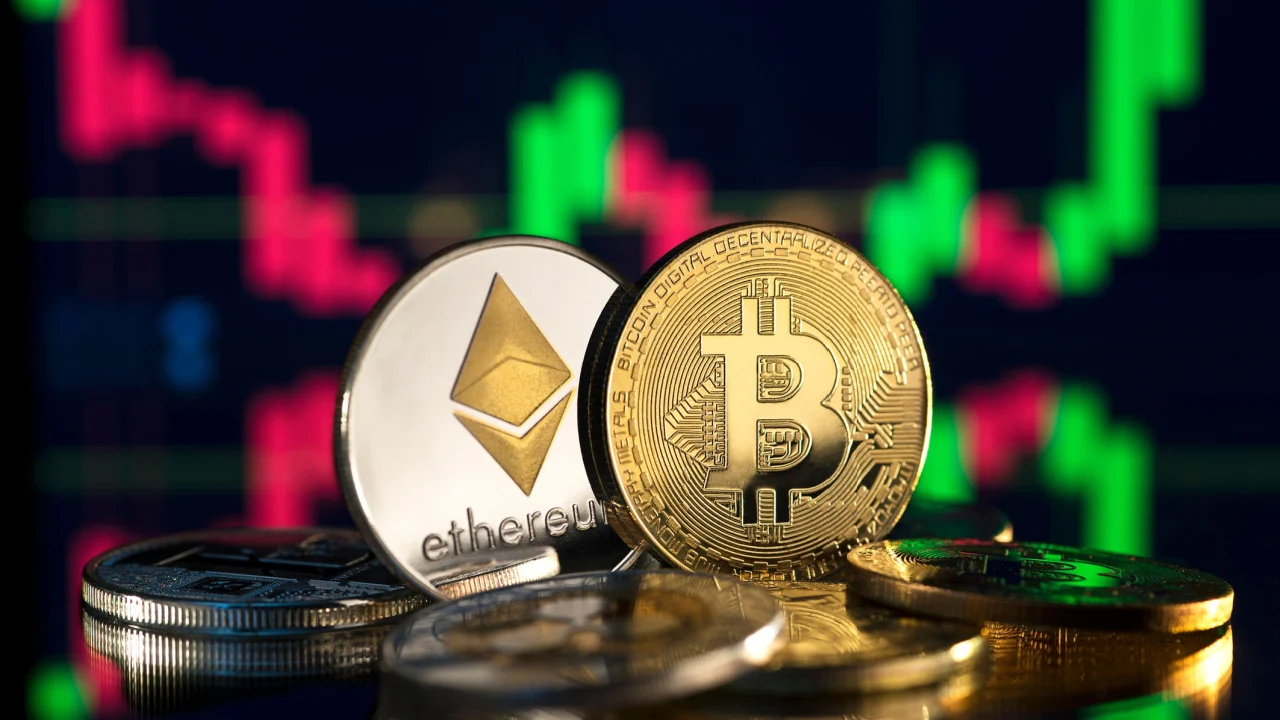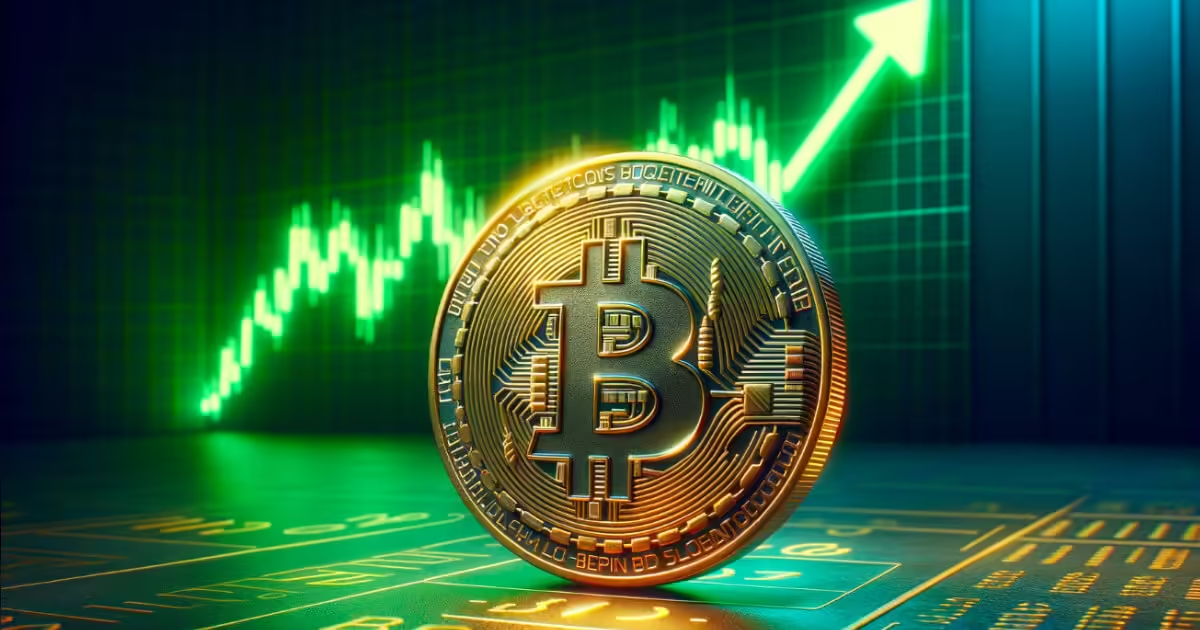|
Getting your Trinity Audio player ready...
|
The cryptocurrency market is reeling after a brutal 24 hours, with Bitcoin and Ethereum plummeting to their lowest points in five months. This downturn comes amidst a broader market sell-off triggered by Japan’s Nikkei 225 index falling by a staggering 12.3%.
Japan’s Rate Hike Ignites Fears
The catalyst for the market panic appears to be the Bank of Japan’s recent decision to raise its key interest rate for the first time in 16 years. Though the increase to 0.25% seems modest, it signifies a shift toward tighter monetary policy, potentially causing a domino effect across global markets.
Recessionary Anxieties Fuel Sell-Offs
Economists like Peter Schiff warn that central banks’ low-interest-rate strategies may have created a “debt bubble” now bursting due to rising inflation. This, coupled with the ongoing struggles in the tech sector and geopolitical tensions, has instilled investors with a sense of economic uncertainty.
Bitcoin and Ethereum Lead the Fall
Bitcoin, the leading cryptocurrency, has suffered a devastating 17% drop, bringing its price down to $50,350. Ethereum, the second-largest, has fared even worse, plummeting 23%. This marks the biggest single-day decline for both currencies since April, reflecting a global loss of investor confidence.
Also Read: Bitcoin Price Dominance Skyrockets To 58% Amid Market Bloodbath
The pain isn’t limited to major cryptocurrencies. Altcoins, the diverse group of alternative digital assets, have also witnessed significant drops, ranging from 15% to 20%. This widespread sell-off highlights the interconnectedness of the crypto market and its vulnerability to broader economic sentiments.
The current scenario raises concerns about the immediate future of cryptocurrencies. With global markets in flux and recessionary fears running high, the path to recovery may be a long and arduous one. Investors are likely to remain cautious as they navigate this uncertain economic climate.
Disclaimer: The information in this article is for general purposes only and does not constitute financial advice. The author’s views are personal and may not reflect the views of Chain Affairs. Before making any investment decisions, you should always conduct your own research. Chain Affairs is not responsible for any financial losses.




